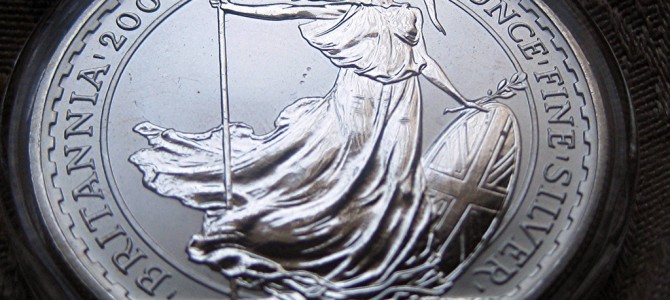June 23, the day its citizens voted to exit the European Union, is Britain’s Independence Day. As with our own Independence Day, it’s the day they chose to reject rule by a distant and unaccountable bureaucracy and instead asserted that government’s just powers derive from the consent of the governed.
But having rebelled against an overbearing external authority, they have to decide what they were rebelling for. It is a question of immediate practical importance, because if the motive was mere nationalism, well, the United Kingdom of Great Britain and Northern Island is itself a trans-national union, encompassing England, Scotland, Wales, and Northern Ireland, which are nominally considered separate “nations” sharing a common monarch and a common government. (Have you ever wondered why England, Scotland, and Wales field their own soccer teams for the World Cup? No, of course you didn’t, because you’re an American and you don’t care about the World Cup. But in case you did, that’s why.)
So if nationalism is the ruling order of the day, Scotland will consider a new referendum for separating from the United Kingdom (UK), as will Northern Ireland. The really nonsensical part is that the Scottish seem to want to withdraw from the UK just so they can turn around and abandon their national identity within the European Union. William Wallace would not approve.
If only there were some wider principle we could refer to as the basis for British identity.
You don’t have to look far to find one. When I saw the result of the Brexit vote, I couldn’t resist indulging in a little vicarious British patriotism by looking for a good version of “Rule, Brittania!”
Seems like a nice moment for a touch of British patriotism. Hope y’all are belting this out in pubs across the land.https://t.co/WUuENTOOuS
— Robert Tracinski (@Tracinski) June 24, 2016
It’s an inspiring tune, musically speaking, filled with a sense of grandeur and majesty that is characteristic of British patriotic music. The lyrics are even better. Here’s the original 1740 James Thomson poem on which it was based:
When Britain first, at Heaven’s command
Arose from out the azure main;
This was the charter of the land,
And guardian angels sang this strain:
“Rule, Britannia! rule the waves:
“Britons never will be slaves.”
The rhythmic requirements of the music, combined with Victorian changes in grammatical usage, transformed that last line to: “Britons never, never, never shall be slaves,” which is even better.
This was tied up with a lot of interesting political science. The British long held a suspicion of large land armies, which they feared a tyrannical leader could use to subjugate the people. A large and powerful navy, by shielding Britain from invasion, made such a standing army unnecessary while posing no real threat to the people back on land. So the Royal Navy was considered the ideal national defense for a free people. It was regarded in much the same way America’s founders regarded a militia drawn from an armed population—which, when you think about it, explains a lot.
What the British and American traditions have in common is the idea of having a special national mission—even a divinely ordained mission—to protect and preserve liberty. The second stanza of “Rule, Britannia!” contrasts this to the rest of the world.
The nations, not so blest as thee,
Must, in their turns, to tyrants fall;
While thou shalt flourish great and free,
The dread and envy of them all.
Before there was American exceptionalism there was British exceptionalism—in both cases, based on the idea that freedom is the unique mission of the English-speaking peoples.
It need not be put in such exclusionary terms. I would be very happy if many more countries regarded themselves as having a proprietary national interest in liberty. (The French think they do, but they don’t.) At the very least, we should do what we can to preserve or re-establish that idea where it has a long history.
This also indicates how Britain should implement its exit from the European Union. The goal should be to free themselves from nonsensical Eurocrat regulations—like being forced to get rid of their toasters for no reason—but not to retreat into protectionism or shut down trade. After all, one of the reasons Britannia ruled the waves was to protect her vast network of overseas trade. That’s why the idea of pitting Brexit against “globalization” is historically ridiculous. A proudly independent Britain pretty much invented the global economy, centuries before the European Union. There is no reason Britain should suddenly have to choose between trade and independence, when it has so long benefited from both.
The Brexit referendum was a vote for British exceptionalism. To go forward from here, the British need to keep in mind what made them exceptional. All they need to “flourish great and free” is to remember that freedom is the charter of the land.
Follow Robert on Twitter.









